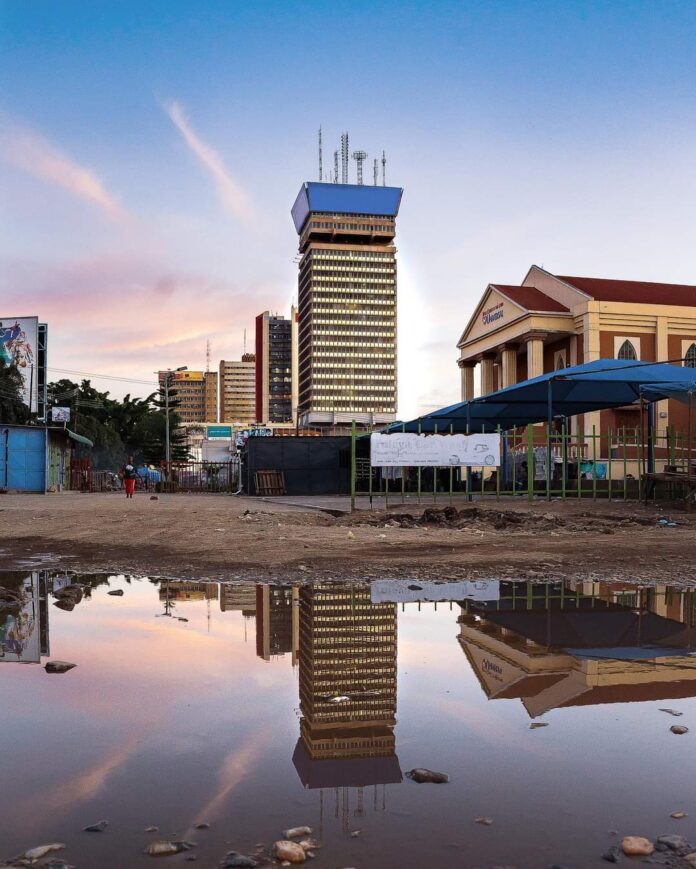Lusaka, the vibrant capital city of Zambia, has been gripped by a sense of unease and fear in recent years.
A spate of unexplained disappearances has left families and authorities baffled, sparking widespread concern and speculation.
As the number of missing people continues to rise, the city is grappling with a crisis that threatens to undermine its very fabric.
A well known case of a young business lady Pamela Chisupa with 12 other girls who were abducted and were only found months later left the country stunned and questioning the safety of their lives.
As if that wasn’t enough the country witnessed a surge in more people vanishing without a trace. They were from different walks of life-students, professionals, entrepreneurs, and even a few foreigners. The only common thread was their disappearance in Lusaka’s urban areas, often at night or during peak hours.
The victims families were left with unanswered questions, their lives forever changed by the sudden and inexplicable loss of their loved ones.
As the disappearances continued to mount, Lusaka’s police faced mounting pressure to crack the case. Investigations were launched, and teams of detectives worked around the clock to follow leads and gather evidence.
However, every promising trail seemed to end in a dead-end, leaving the authorities frustrated and the public on edge.
In an interview, Zambia police public relations officer, Ray Hamoonga expressed disbelief at the escalating number of people going missing.
“I’ve seen my fair share of disappearances but these current ones have left us baffled. It’s like people are vanishing into thin air. I’ve received reports of individuals just leaving home, workplaces or leisure activities and they never returned,” he said.
Rumors and theories began to circulate, fueling the sense of unease. Some blamed human trafficking syndicates, while others pointed to ritualistic practices or even alien abductions.One of the most disturbing aspects of the disappearances is the apparent randomness of the victims.
They come from different backgrounds, ages, and gender, making it challenging to identify a specific pattern or motive. The only consistency is the city itself-Lusaka, with its bustling streets and vibrant nightlife, seems to be the common denominator.
In the midst of this chaos, families of the missing persons have banded together, forming support groups and advocacy networks.
They share their stories, offer each other comfort, and demand answers from the authorities.
Their voices are a poignant reminder of the human cost of these disappearances and the urgent need for resolution.
As the people struggle to make sense of these unexplained events, the city’s reputation as a hub of commerce, culture, and tourism hangs in the balance. The disappearances have already had a ripple effect on the local economy, with businesses reporting a decline in patronage and investors expressing concerns about the city’s safety.
In the face of this crisis, the Lusaka City Council and government are forced to take action. Additional resources have been allocated to the police department, and a special task force has been established to investigate the disappearances.
Community engagement initiatives have also been launched, aimed at raising awareness and encouraging public participation in the search for answers.
The vanishing act that has gripped this vibrant city must be solved, and the perpetrators brought to justice. Only then can Lusaka reclaim its status as a beacon of hope and prosperity in the heart of Africa.
This article was co-authored by Jotham Likomeno

